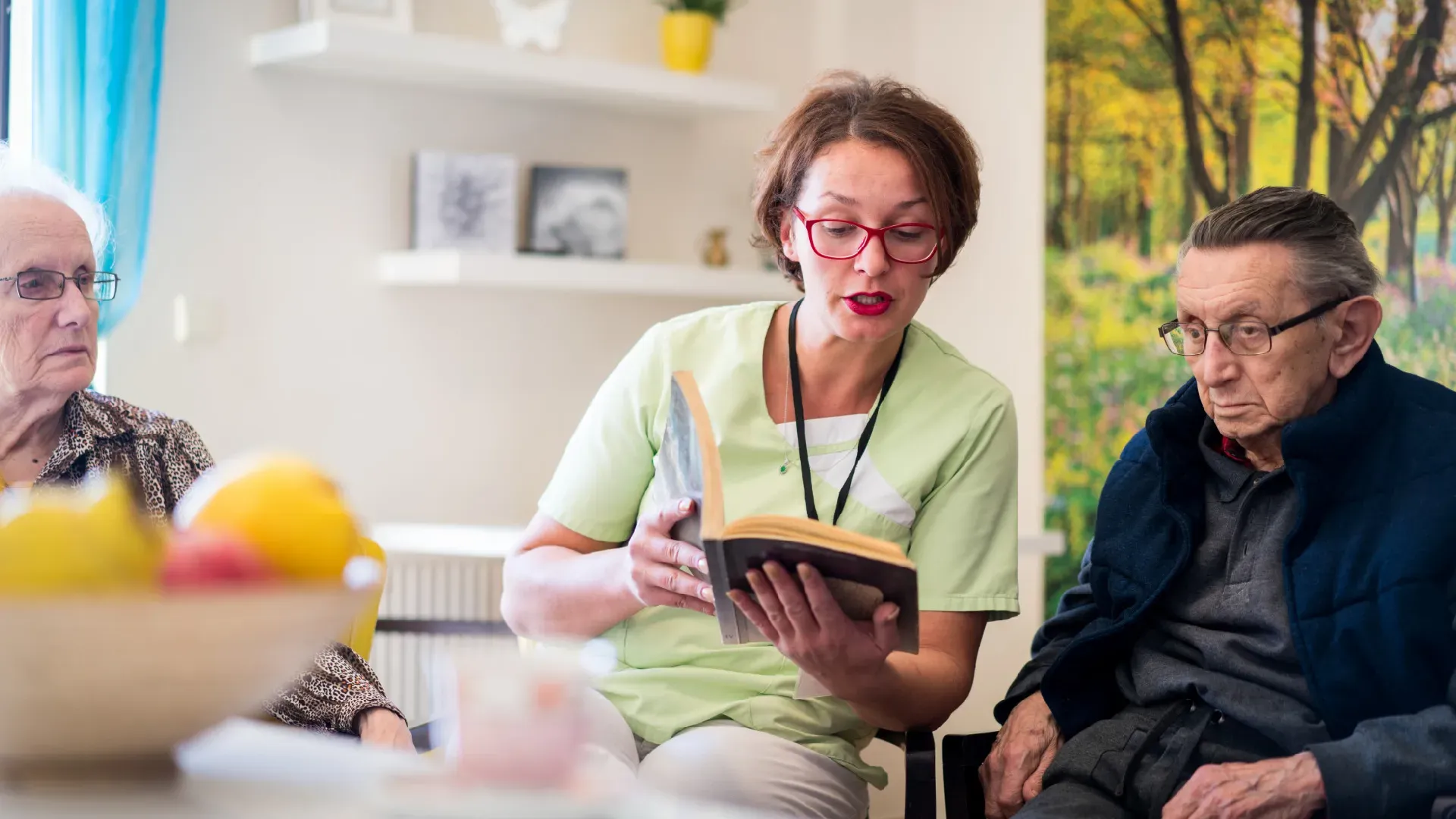The Rise of Empathy-Led Care: Why Emotional Intelligence Matters in Aged Care Staffing
In the evolving industry of aged care in Australia, one quality is gaining ground as essential: emotional intelligence. While clinical qualifications and hands-on experience remain vital, the ability to connect with residents on an emotional and human level is proving equally significant. At Arise Care Staff, we understand that delivering exceptional aged care isn’t just about administering medications or assisting with daily tasks — it’s about creating a compassionate environment where empathy and respect are embedded in every interaction.
Why Emotional Intelligence Is Reshaping Aged Care
Emotional intelligence (EI) refers to the ability to understand, manage, and respond to one’s own emotions and those of others. In aged care settings, this skill translates into compassionate communication, patience during difficult moments, and the sensitivity to navigate complex emotions — from fear and frustration to loneliness and grief.
As Australia’s aged care sector grapples with growing demand and increasingly complex care needs, the role of empathy in nursing and personal care work is more critical than ever. Residents, especially those experiencing cognitive decline or mobility challenges, benefit enormously from care workers who can perceive their emotional state and respond appropriately.
The Role of Empathy in Improving Care Outcomes
Empathy isn’t just a nice-to-have; it’s a crucial component of quality care. Numerous studies have shown that care providers who demonstrate high levels of emotional intelligence foster stronger trust with residents, improve communication, and even reduce the likelihood of adverse outcomes. In emotionally charged environments — such as palliative care or dementia units — this skill set can dramatically improve the quality of life for residents.
At Arise Care Staff, we see the impact of emotionally intelligent professionals every day. From calming an anxious resident during a new facility transition to recognising non-verbal cues in a non-communicative patient, our team members demonstrate that empathy and attentiveness are just as vital as medical know-how.
Why Soft Skills Are Becoming as Valuable as Clinical Ones
While technical training ensures that healthcare staff meet compliance and safety standards, soft skills in healthcare — including active listening, compassion, cultural sensitivity, and emotional regulation — are often the difference between basic care and exceptional care.
In today’s aged care environment, soft skills are no longer optional. Regulatory bodies and facility managers increasingly look for candidates who combine clinical knowledge with personal warmth, adaptability, and ethical decision-making. Arise Care Staff aligns with this shift by placing emotionally intelligent professionals in roles where they can make a lasting difference.
How Arise Care Staff Prioritises Empathy-Led Recruitment
Our recruitment process is designed to identify healthcare workers who not only meet professional standards but also exemplify the values of dignity, respect, and kindness. Whether we’re placing registered nurses, enrolled nurses, personal care assistants, or support workers, we assess soft skills alongside certifications and experience.
We conduct thorough interviews that focus on real-life situational responses, gauging a candidate’s ability to manage emotionally complex situations with grace and compassion. We also provide regular training to enhance emotional intelligence, communication techniques, and trauma-informed care practices, ensuring our staff are continually growing.
Supporting a More Compassionate Future in Aged Care
Arise Care Staff is proud to support healthcare facilities and aged care homes across Melbourne and Victoria with staff who embody empathy-led care. We work closely with our clients to understand their values, team dynamics, and resident demographics, ensuring every placement is a good cultural and emotional fit.
By investing in emotionally intelligent healthcare professionals, we’re not only meeting current care standards — we’re actively raising the bar. Our belief is simple: aged care is about people first. When empathy and emotional intelligence are prioritised, residents feel heard, respected, and safe — and that’s the foundation of dignified ageing.
Final Thoughts
The future of aged care lies in human connection. As the demand for aged care services continues to grow, so does the need for staff who can do more than treat symptoms — they must care with heart. At Arise Care Staff, we’re proud to be part of this shift, recruiting professionals who understand that emotional intelligence in aged care is not just important — it’s essential.











